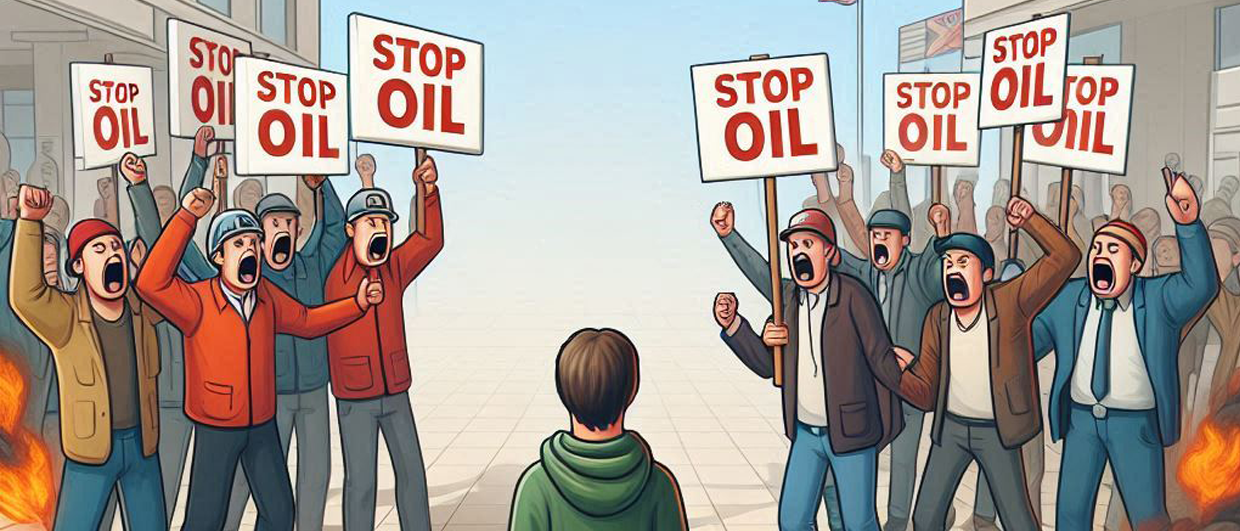“If the oil price drops even further, it’s game over for the North Sea”, said a colleague in September 2014 when the big oil price tumble had just begun. I just started my new job in subsurface consultancy a few months before that. Consultant geologists who had spent years with a single operator – raking up a juicy day rate – suddenly popped back into the office, sharing the doom and gloom that was upon us. The first redundancy round didn’t take long to be announced.
It was the end of a dream. A dream that consisted of the idea that Brent was not going to be south of $100 for the foreseeable future. A dream that was sometimes pleasantly interrupted by a silly recruiter who was looking to hire a talented exploration geologist for the North Sea. It never got anywhere, but it was nice to experience that feeling of being wanted. Being part of a growing and buoyant industry. Plenty of well-paid jobs with operators – nobody wanted to work for the regulator for that very reason.
Now, geoscientists are queuing up for a role with the regulator. What a difference, what a change of atmosphere.
Looking back, 2014 was not the first time doom and gloom started to dominate the oil and gas industry. It’s been there all the time. In the 1970’s, some were convinced that the North Sea was going to see the last barrel produced in the next few years. Along the same lines, I was told by a former colleague that “the lights will soon be dimmed.” It was in 2008. The lights are still on.
It takes some stamina to work in oil and gas. “My role is to manage the decline of our assets”, said a geologist to me about ten years ago. It is always a fight against that moment of cessation of production. A fight with some very unpredictable players. The government being one of them. It does create an atmosphere of holding your breath. What comes next? Nobody knows. Unless you manage the Ghawar field, most fields have a lifetime much shorter than the average career of a geoscientist. At no point in time one can sit back.
There is another element that comes with working in oil and gas, especially in mature basins such as the North Sea – a shrinking community. The decline in the number of people attending events is a very visible manifestation. When I attended my first Aberdeen PESGB talks in 2011, the crowd easily consisted of around 70 people. There was finger food, and sometimes even free beer. Today, only a CCS talk drums up a number of that kind. Any other talk, especially around oil and gas, can count on around 20 people paying for their own drinks.
You hear stories of the past at these events, and concerns about the future. But the number of exciting projects? There’s not many of those, and to get operators to speak about those that are around has also become harder. Communication departments prefer to keep everything in their own hands. Concerned about protestors rocking up at their doors.
And how to tell your friends you work in oil and gas? Well, speaking to people individually does not often result in difficult conversations, to be honest, but the peer pressure and unspoken push to stop any dealings with this industry is always nagging. I should more often ask my fellow passengers at busy airports what their vision is.
And at that very moment you make the call to be at peace with your destiny no matter what people think, your employer who always claimed “that it’s the people who make the business” decides to close up shop to move to a more attractive basin somewhere else. “We’re not a charity, it’s a global portfolio and your basin just can’t compete.” It’s sometimes a little difficult to stay loyal to companies that seem to change narrative overnight. Companies that use security people to make sure that you’re not returning to your desk once you’ve been told that this is the last day in the office. Or companies abandoning wells in shabby ways, or leave their infrastructure to rust until they can sell it on to a more “agile” player.
In the North Sea, and no doubt in many other mature basins across world, it is clear what is happening; oil is on its way out. Slowly but steadily, creating a sense of decline. Combined with oil guilt, and the “cold” way of operating of the corporates, it is not difficult to see why working in oil and gas requires some stamina and resilience. Hats off to those willing to give it a try. Energy is not yet about renewables and CCS only.

